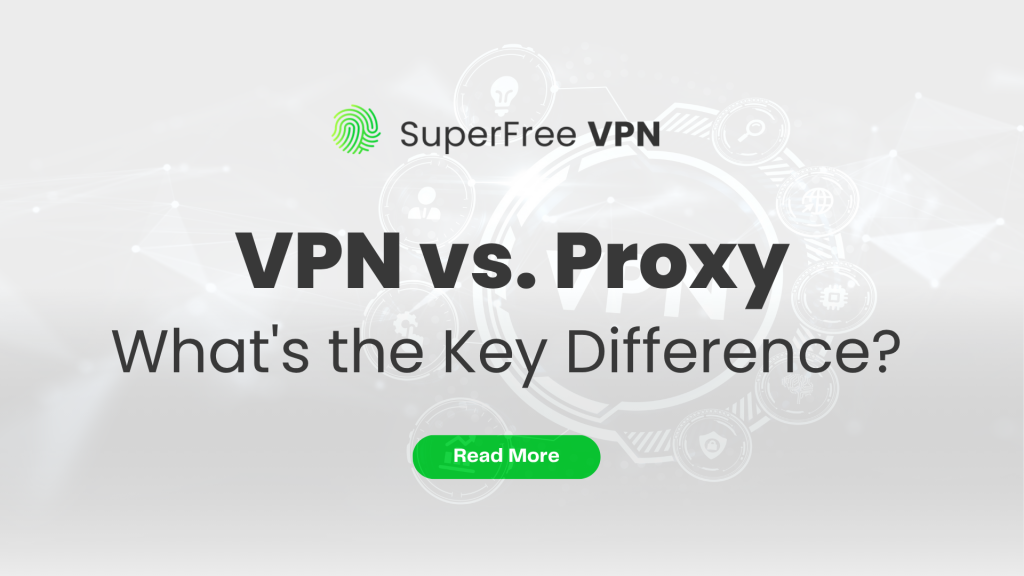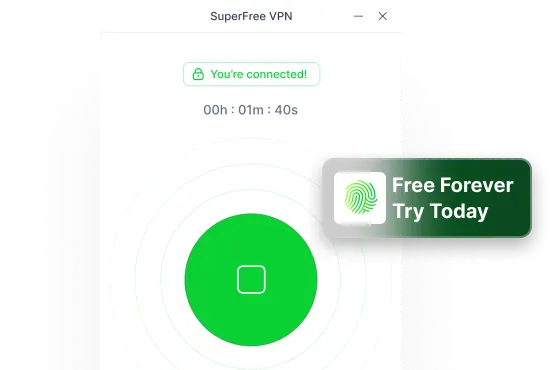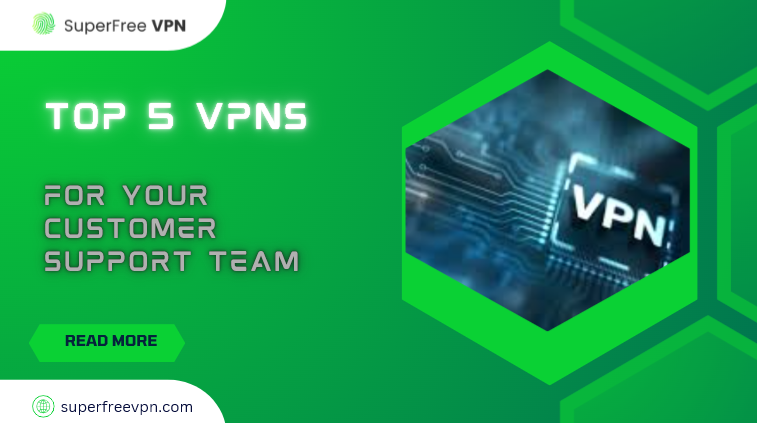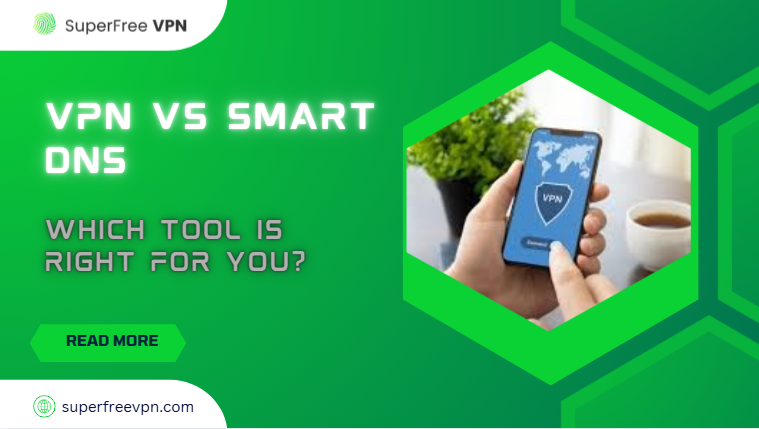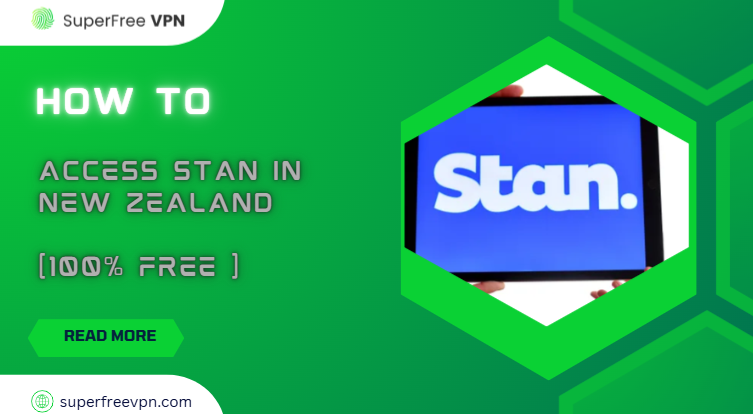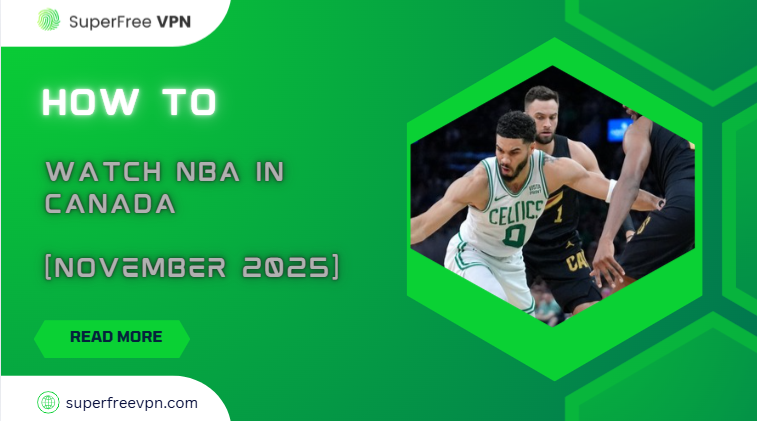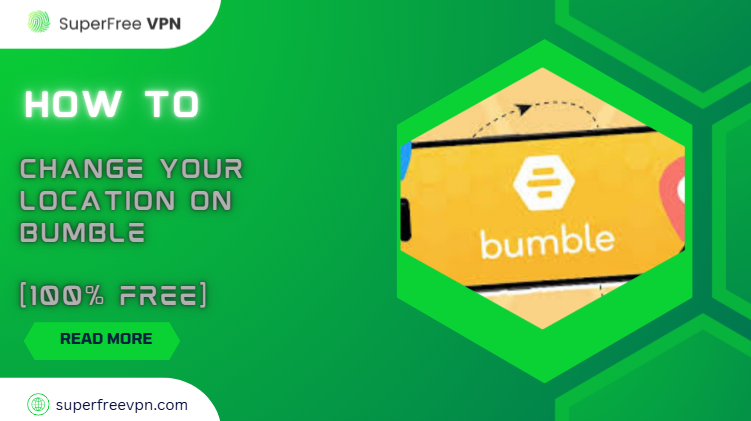If you want to change your IP address or just want to stay more private online, you’ve probably come across two popular tools: Virtual Private Network (VPN) and Proxy.
At first look, they seem pretty similar.
They both can:
- Hide your IP
- Help you browse more privately
- Unlock geo-blocked websites
So… are they the same thing?
Not quite!
While there are many similarities, both are built for different situations.
Unsure about which one to use?
Don’t worry. I will settle the VPN vs Proxy debate – explaining what each tool does and which one actually fits your needs.
So, let’s get started!
What is a VPN – And How It Works?
First things first, let’s start with the basic definition of VPN:
A Virtual Private Network is designed to encrypt the traffic and route it through a secure/different server.
The goal? Ensuring privacy and anonymity to make it harder for others to track your activities.
When it comes to use cases of VPN, unblocking geo-restricted platforms is at the top of the list.
Just think of it: how many times have you used a VPN to switch your location and watch a show that’s only available on another country’s Netflix?
Underlining its importance, here are some of the key stats related to such tools:
- More than 1 billion people across the world use VPNs
- The VPN market is valued at more than $US 40 billion
- 50% of the VPN users claim they use it mainly for entertainment content
But here’s the thing – you need a VPN that actually does what it claims.
This is where SuperFree VPN stands out, offering premium features without charging you a penny!

What is a Proxy Server? [Spoiler: Like VPN But Different]
Let’s move on to proxies now.
Just like a VPN, a proxy hides your IP address – web traffic is rerouted via the proxy server.
Unlike VPN, however, data encryption is not involved in the whole process!
More differences will be highlighted later on.
Key Features of Proxies
Here are the main features of a proxy server:
- It hides your IP address
- Faster connection speeds
- No need to install any application
- Useful for web scraping
- Unblocks restricted content
Types of Proxies
Among the many types of proxies, the most famous ones are Residential proxy, Anonymous proxy, Shared proxy, Reverse proxy, etc.
VPN vs Proxy: Factor-Wise Comparison
Let’s break down the VPN vs Proxy debate and take a closer look at what really sets them apart
1. Level of Security
One of the major differences between VPN and Proxy is that the latter does not encrypt the data.
So, how does this impact your data security?
Lack of encryption means that if you are using a proxy server, it’s easier for the ISP or any third party to see what you are doing.
On the other hand, any VPN tool encrypts all internet traffic – the secret tunnel guarantees protection of your sensitive data.
Winner: VPN
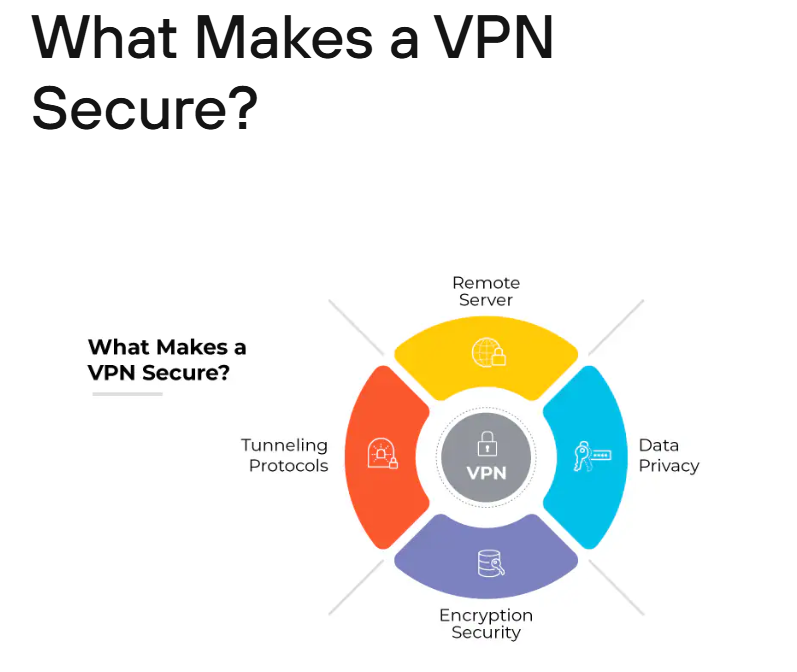
Source: Paloalto Networks
2. Data Privacy
Now, let’s move on to the next factor: Data Privacy, i.e, how your personal information is used.
Simply put, most proxies don’t guarantee data privacy – to make matters worse, there is no regulation to ensure your activity log is not shared with any third party.
VPNs, such as SuperFree VPN, on the other hand, focus a lot on data privacy.
Such is the level of encryption that even your ISP will find it hard to see what you are doing online.
So, if data privacy is your priority, a VPN is your go-to choice.
Winner: VPN
3. Cost and Pricing Models
Well, it’s a bit tricky to compare VPNs and proxies based purely on price.
Why? Because just like VPNs come in both free and paid versions, proxies do too.
Some are completely free, while others charge depending on speed, features, or usage limits.
For reference, this is how much you will have to pay in US dollars to use Express VPN:

Source: ExpressVPN
When it comes to cost-saving, one application that stands out is SuperFree VPN – it offers premium features without costing you a penny!
4. Speed
Suppose you are dealing with an urgent task, and your priority is to connect to the server as fast as possible.
Now the main question: VPN or Proxy, which should you choose?
In this case, a proxy server is your life-saver.
Why? Because proxies do not encrypt traffic – surprise, surprise – and can perform certain tasks faster than a VPN.
This is why proxies are preferred for quick tasks like accessing blocked websites.
You got the idea, right?
Winner: Proxy
5. Cross-Platform Compatibility
What if you want data protection and anonymity across multiple devices, like a smart smartphone and, laptop?
The best solution? Download a VPN!
This is because VPNs are designed for full-device integration.
All you have to do is install the application on the respective device, and all traffic will be protected.
When we talk about proxies, their protection is limited to a single browser or application – you can manually change the settings, but system-level configurations…..well, it’s no walk in the park!
So, what have we concluded? For online privacy across multiple devices or applications, a VPN is your go-to choice.
Winner: VPN
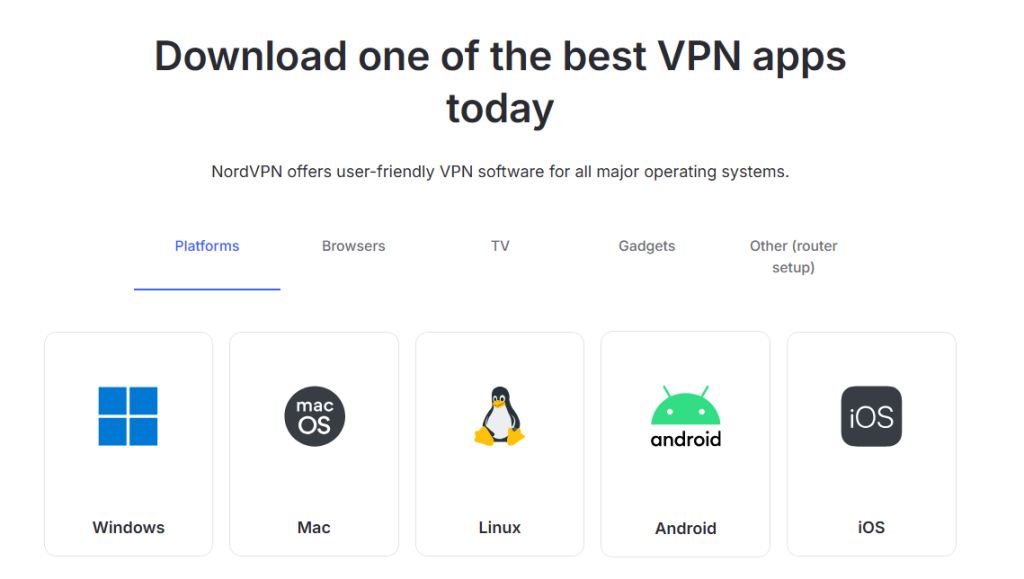
Source: NordVPN
VPN vs Proxy: Which One To Choose in 2025?
Still unsure which application to use?
Don’t worry, this table highlights scenarios where either VPN or Proxy is beneficial for you.
So, keep on reading.
| When To Use A VPN | When To Use A Proxy Server |
| You need proper encryption | You only need to hide your IP address |
| For protection across all applications on a device | For protecting a single application or browser |
| For secure activities like banking, file sharing | For low-risk tasks like watching region-locked videos. |
| You don’t want your activity to be logged | Activity tracking doesn’t matter to you |
| Speed is not an issue | You need faster connections |
What Makes SuperFree VPN Stand Out?
While there are hundreds of VPNs available, most are either too expensive, lack premium features, or are not reliable enough.
Enter SuperFree VPN!
It guarantees high-level privacy and data security without costing you a dollar!
Just to give you an idea of how effective this tool is, here are its key features:
| Features | Description |
| Servers of 40+ countries | You can select the country of your choice and change your location with ease |
| Fast Connection | Connect to any server at a rapid speed |
| High-Quality Encryption | With powerful encryption in place, your online activity stays safe and private. |
| No Activity Tracking | Your privacy is protected – none of your online activity is tracked or stored. |
| Completely Free of Cost | And the best of all, you don’t have to pay a cent to avail all the features |
Final Thoughts
While their functionalities sound the same on paper, but differences are clear once you go into the details.
If you need strong security and data encryption, a VPN is the way to go.
Choose a proxy if you’re just looking to access content quickly or mask your IP for light browsing.
It depends on your requirements – you know your priorities better than anyone!
FAQs
1. Are there legal risks to using a VPN or proxy?
While using a VPN or Proxy is legal in most countries, it is not permissible in some countries like North Korea.
2. Which VPN is the safest?
SuperFree VPN is one of the tools that guarantees 100% data protection.
3. Can my ISP still see my location if I’m using a VPN
No, in most cases, no one can trace your original location because a VPN masks your IP address.

